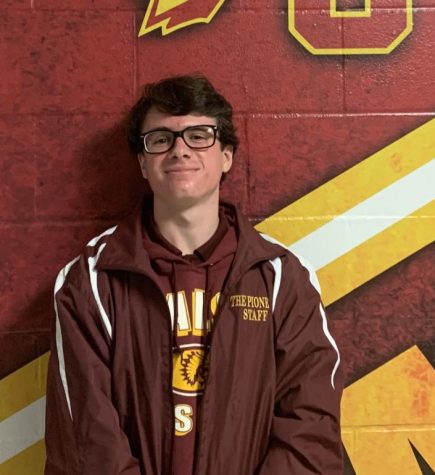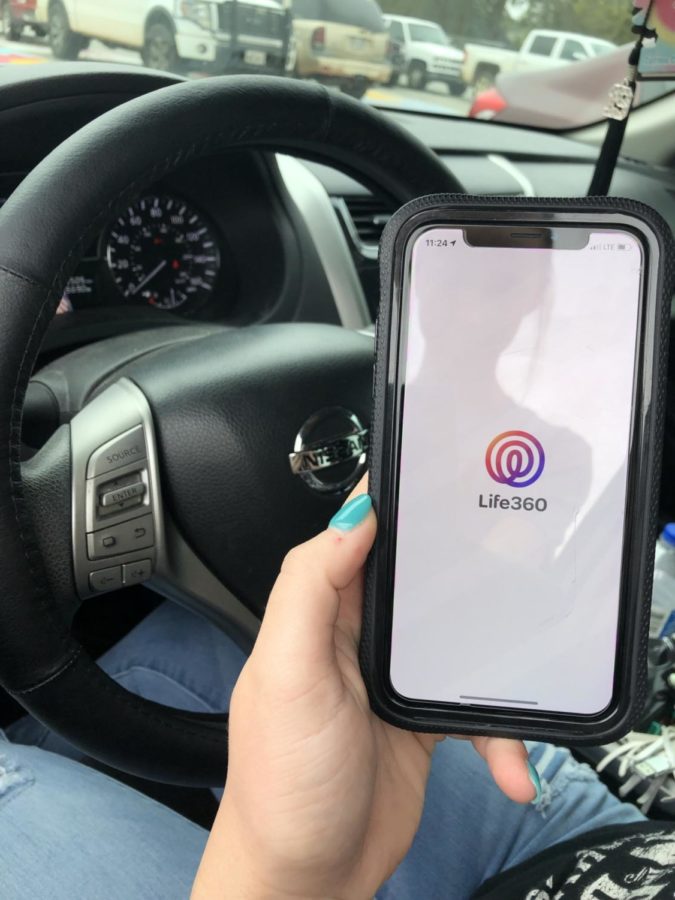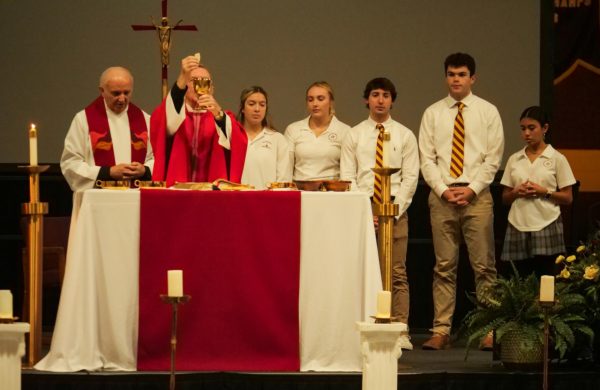Adult supervision is now adult surveillance [Opinion]
In recent years, many parents have opted to track their teenagers through their phone locations using smartphone apps such as Life360 and Apple’s Find My. Despite parents’ hopes of keeping their children safe, many teens believe that they should not be tracked, sparking an argument over parental boundaries. It seems that what parents think is responsible supervision is actually surveillance that communicates a lack of trust and healthy sense of independence.
Smartphone apps that function as tracking devices have become very popular in the last decade. The most well known is Life360. According to The Washington Post, “Life360 is a tracking app that parents use to monitor their kids — everything from where they are to how fast they are driving.” This monitoring is aimed at keeping kids away from risky situations and places.
Many teenagers believe that tracking apps limit their freedom during the years when they are supposed to develop most as individuals One psychologist, writing in The New York Times, points out that, for young people, “being responsible for themselves is supposed to be part of their job description.” When a teen knows that they are being tracked, they mostly make their choices based on how their parents will react to their location rather than their own mature decision-making process. This does not help them to develop critical thinking skills necessary for their future.
A WJ senior, Nick O’Dell, is tracked by his parents via the Life360 app. He said, “I hate having Life360 tracking on me because it makes me feel like I’m not making my own decisions for myself.” Nick added that Life360 does not make him feel any safer when out of the house because he is at an age when he can make decisions for himself.
A student who is not tracked, sophomore Marcus Kendel, also believes that parents should not constantly track their teens. “A lot of my friends are just starting to drive, and their parents always track them. They talk about how they don’t want their parents to follow them at all times because it takes away from what they can do.” Most high schoolers, many of whom are mature enough to make their own decisions regarding their activities, share this same sentiment.
A law professor at the University of Florida stated, “If we want our kids to trust us, if we want our kids to believe they are capable of making wise decisions, then our actions need to show it. Valuing their privacy is one way to do so.”
The debate between parents who wish to track their teens’ location and the teens themselves will continue far into the future as tracking technology will only advance further.

Hello! I am Benjamin Stanard and I am a senior here at Walsh Jesuit. I currently play tennis and I enjoy hanging out with friends. In my other spare time,...



![It is in giving that we receive [Opinion]](https://thepioneerwjhs.com/wp-content/uploads/2024/03/IMG_6538-600x252.jpeg)


![War in Ukraine horrifies school community [Opinion]](https://thepioneerwjhs.com/wp-content/uploads/2022/03/9C7A948F-24DE-4E28-9E55-8707ADBC38B9-475x267.jpeg)